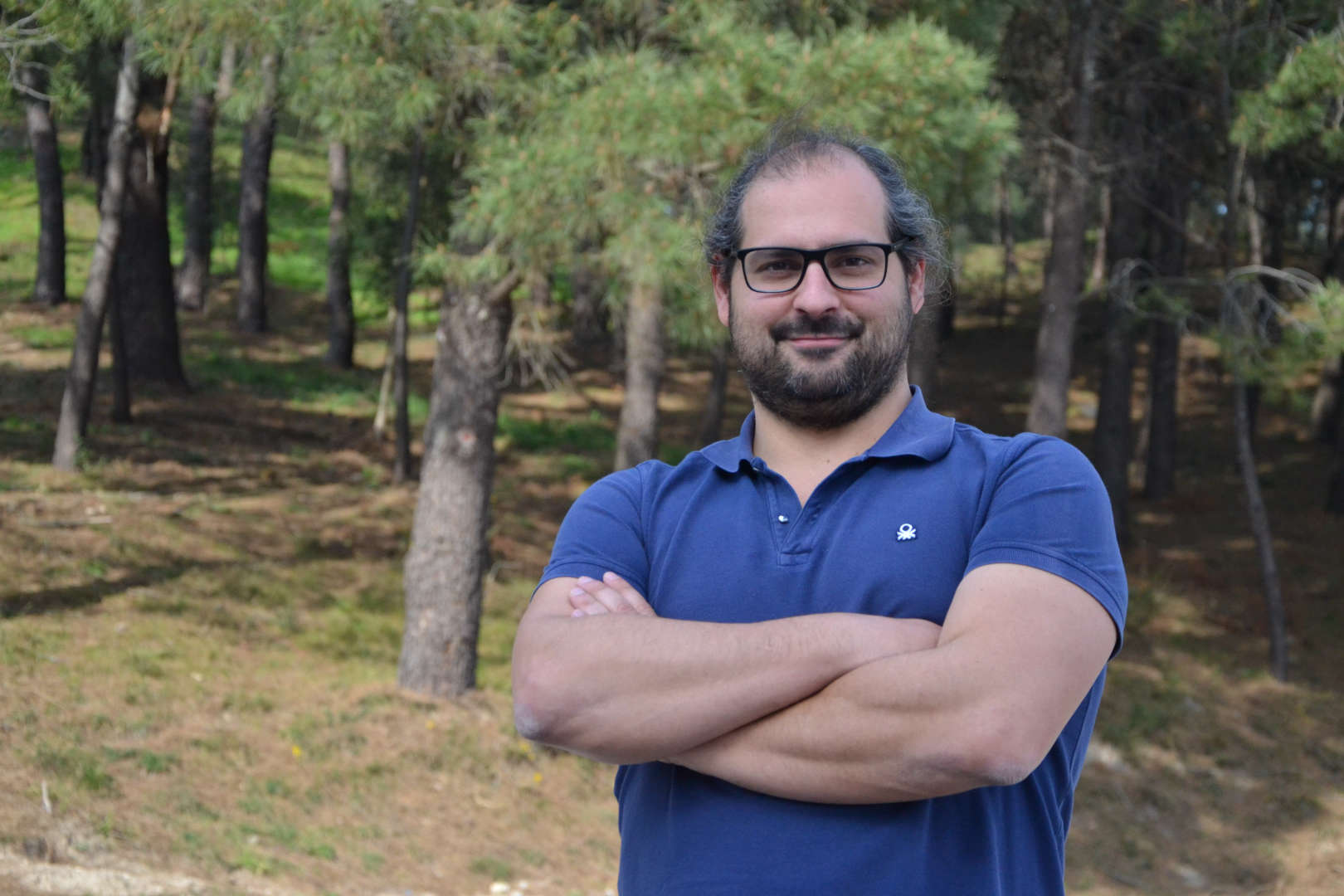About
Alexandre is a member HASLab - INESC TEC currently developing the postdoc project "dynamic logics for every season" supported by the FCT (Portuguese Foundation for Science and technology) with the individual grant SFRH /BPD/103004/2014. The project is hosted in HASLab - INESC TEC and CIDMA over the scientific supervision of Luís S. Barbosa (Informatics Dep. of Univ. Minho) and Manuel A. Martins(Mathematics Dep. of Univ. Aveiro).
Alexandre is also coordinating the FCT R&D project DaLí: Dynamic logics for cyber-physical systems: towards contract based design.
Research interest:
- Mathematical Foundations of Software Engineering
- Algebraic and logical methods for software development
- Parametric generation of Modal/Hybrid/Dynamic Logics
- Process Algebra


